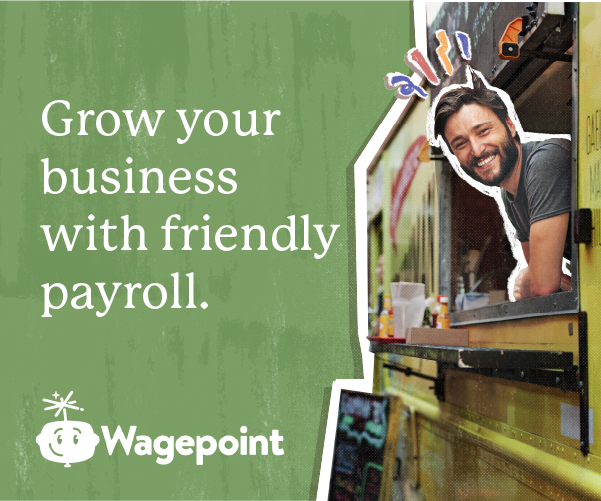
Toronto-based logistics startup Starling is a specialty delivery service designed for unique foods. It was founded in 2020 by two sisters, Sarah and Kate Brown. It began as a movement to support local businesses, offering an affordable on-demand home delivery service for Toronto’s local shops, and it has since evolved into a comprehensive logistics network. Starling has been on a high-growth trajectory, with a referral basis alone driving a 2.5x year-over-year increase. We sat down with the team to discuss their growth and future plans.
Describe what you do in 140 characters or less.
A network of nano fulfilment centres that lets you ship like FedEX but without the expensive infrastructure.
What was the inspiration behind Starling?
Many people reading this might not know that logistics is a branch of mathematics that is notoriously hard but also fun (okay, fun for a specific kind of person). Our CEO and Co-Founder Sarah studied Combinatorics in grad school and applied it to real world logistic problems early in her career. During the pandemic, she revisited the idea of a highly iterative approach to making local supply chains work for small businesses – a different application for the same kind of math she’d used elsewhere.
In the beginning, we were agnostic about who could use Starling and simply wanted to make it accessible to any small business who needed help. Despite this, a very specific customer type started to appear more and more frequently without any marketing on our part – bakers and artisan food makers. Specifically, those who serviced wholesale clients.
As a company, we took the time to understand why this was and it seemed really obvious at that point that we should focus our efforts on the people who needed our service the most.
How does Starling help local specialty shops?
We’ve found that over a 12 month period, our artisan food makers have doubled their wholesale customer reach. Here’s why:
Most wholesale food producers use an intermediate service called a distributor. A distributor connects you with large buyers like Loblaws and will hold your inventory in their warehouse until Loblaws is ready to restock. When that time comes, they ship (usually pallets or very large quantities) to Loblaws on your behalf in their large trucks.
This can work wonders, unless what you’re making is: highly perishable (like bread), or fragile (like pastries), or being purchased in quantities that are less than a pallet (pretty much all boutique grocery stores, cafes, and restaurants). You also often have to find a large anchor customer on your own for a distributor to want to take you on as a customer…which is worthy of its own article another day.
Starling’s network is able to handle wholesale shipping for highly perishable, fragile, and sub-pallet scale orders. Our logistics algorithm is extremely effective at moving items far distances without needing to warehouse anything. Before Starling, almost every business we work with either delivered themselves or found a freelance driver with a van on Kijiji who they needed to schedule and plan for. This majorly capped how many wholesale accounts they could take on, and caused a high degree of stress and added work.
What trends do you see in the logistics space? Where is the industry headed in the next few years?
We think driving efficiencies will be the biggest trend. This means planned, optimised routing versus ,10 minute grocery orders that were once thought to be the new frontier. It also means a move to more electric vehicles or smaller, more efficient vehicles to save on fuel and reduce emissions targets.
Starling has been growing rapidly as we have seen it. How’s your traction been so far?
We’re really happy with our traction! Our customer base has increased 2.5x year-over-year on a referral basis alone. We’ve hired an incredible team which is now allowing us to turn our attention towards outbound marketing for the first time.
What’s next for Starling? Are there exciting partnerships, products or features we can look forward to?
From now until the end of the year we’re going to be sprinting. The holidays are crazy, so we’re doing the groundwork now to make sure the busy period runs smoothly.
We’re also exploring being more active in promoting the businesses we love to new audiences, but doing so in a different way than you’d see from a traditional sales team. Selfishly, this is really fun for us to focus on because we know our customers so well and truly view them as partners. When they grow, we grow, so it’s win-win.
What is one piece of advice you have for small businesses to grow their businesses?
Really focus on your niche and don’t worry about the size of the market. If you don’t have endless access to capital to spend on growth, your best form of marketing is going to be through word of mouth. If you have too many user types, word of mouth will become too diffuse to get your flywheel going.
How can people find out more about Starling?
You can find us at www.trystarling.com, please drop by and say hello!







